Latest edition agricultural newsletter Central Asia
In this edition we delve into how the Dutch expertise in water management and agriculture can address some of Kazakhstan's most critical challenges. We also explore how Kazakhstan is enhancing its green economy efforts and its seed industry, how Uzbekistan's green initiative is promising a cleaner future for its horticulture and how Kyrgyzstan is boosting farm resilience. Additionally, we navigate the severe water challenges faced by Central Asian countries and what is needed to overcome this crisis in the region.

The Netherlands and Kazakhstan strengthen ties in water and agriculture
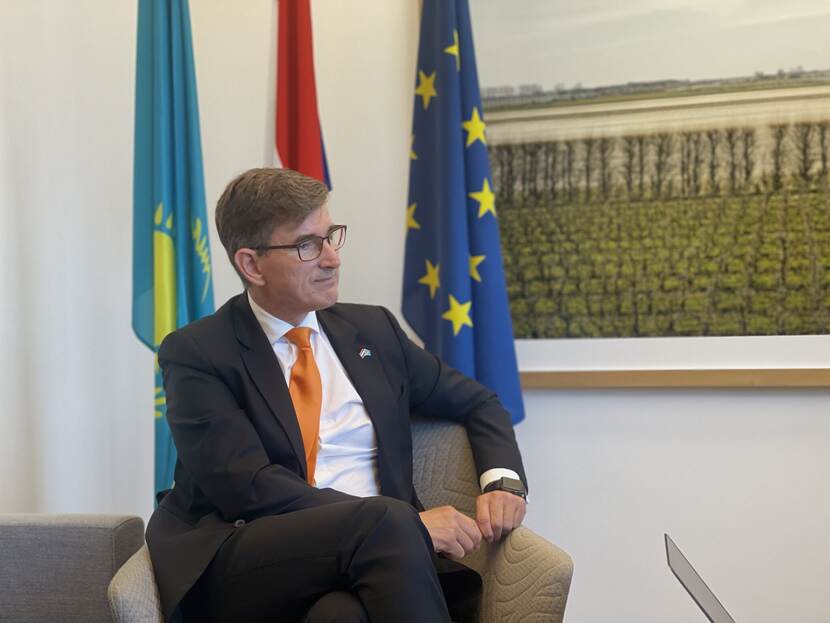
In a recent interview with The Astana Times Nico Schermers, Ambassador of The Netherlands to Kazakhstan, emphasized the multifaceted cooperation between the two countries, which can address critical challenges and foster sustainable development in Central Asia.
Agriculture is a cornerstone of the partnership. In November 2023, a specialized agricultural working group was established to enhance cooperation in this vital sector. Notably, The Netherlands is the largest foreign investor in Kazakhstan, with $4.4 billion invested last year.
The bilateral agricultural working group addresses trade barriers and regulatory issues, advocating for Kazakhstan's accession to the International Union for the Protection of New Varieties of Plants (UPOV). This membership would grant access to high-quality plants ultimately enhancing crop yields.
Water management is at the forefront of the bilateral partnership. The Netherlands, renowned for its water management expertise, is stepping up to address Kazakhstan's water issues, particularly in climate-affected areas like Atyrau. This cooperation will see Dutch experts visiting Kazakhstan, and vice versa, to exchange knowledge and adapt technologies to local needs.
The partnership also extends to the Aral Sea crisis, with The Netherlands facilitating discussions among the six countries around the basin. The Clingendael Institute in The Hague plays a pivotal role by training diplomats from Kazakhstan and other Central Asian countries in water diplomacy.
Drawing from its rich history of flood management, The Netherlands is also offering critical expertise and support to help Kazakhstan tackle recent flooding issues.
Beyond infrastructure, the partnership is fostering educational exchanges. Collaborations between universities like Wageningen are creating invaluable learning opportunities for Kazakh students and professionals.
Catch the full interview at: Astana Times
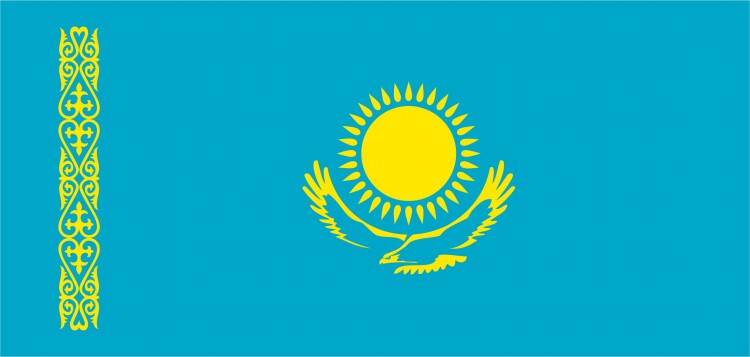
Kazakhstan on a green economy journey
Kazakhstan has been charting a green economy path for over a decade, achieving notable milestones: renewable energy now accounts for 4.5% of the nation's power, industrial waste recycling has hit 25%, and consumer waste recycling stands at 39%. The country is steadfast in its goal to achieve carbon neutrality by 2060.
A key driver of this progress is the adoption of best available techniques in industry and agriculture targeting processing, water supply, waste disposal, and livestock farming sectors.
Regional Green Energy Successes:
- North Kazakhstan boasts 174 renewable energy sources generating a total of 70.3 MW and 125 biomass boilers.
- Akmola Region has achieved a stunning 96% reduction in enterprise emissions since 2021, with green energy making up 74% of its electricity.
- Zhambyl Region is set to repair 257 water facilities by 2025, ensuring efficient irrigation from the Talas and Shu rivers.
A recent Presidential Decree has updated the Green Economy Concept, setting ambitious targets for reducing air pollution, increasing organic product production, and implementing water-saving technologies. The Prime Minister has urged regional and central government bodies to integrate these green goals into their project plans and regional development strategies.
Investing in eco-friendly initiatives is crucial to drive Kazakhstan’s green economy forward, ensuring that these goals are not just set but achieved.

Kazakhstan's seed industry blossoms: a strategic leap forward
Seeds are the cornerstone of crop yields, accounting for up to 40% of the outcome. Recognizing this, the Kazakhstan Agriculture Ministry unveiled a robust 2024-2028 plan aimed at enhancing seed breeding and production. This comprehensive strategy includes updating legislative framework and enhancing the infrastructure of seed production entities.
- Key legislative changes are on the horizon, including amendments to the Protection of Breeding Achievements law, aligning with global standards. Revisions to the Seed Production law are also in progress to stimulate industry growth.
- The government is significantly boosting support for seed procurement and breeding. Subsidies for elite seeds have doubled from 25% to 50% in 2023, covering both domestic and imported seeds. This increase led to a substantial budget allocation of KZT 16.5 billion ($36.6 million), raising the share of elite seeds from 5.2% to 7.1%.
- Kazakhstan is committed to becoming a hub for seed production collaboration, connecting businesses, NGOs, and investors to explore new trends in the agro-industrial sector. The transformation of the National Agrarian Scientific Educational Center (NASEC) into a vertically integrated agricultural tech hub is a key part of this vision. The newly established QAZAQ TUQYM consortium, comprising 11 subsidiaries across seven regions, aims to expedite variety testing and breeding, pushing Kazakhstan’s seed production capabilities to new heights.
- Scaling new varieties, effective marketing strategies, and robust agricultural services are vital to enhancing Kazakhstan's competitiveness in the global market.
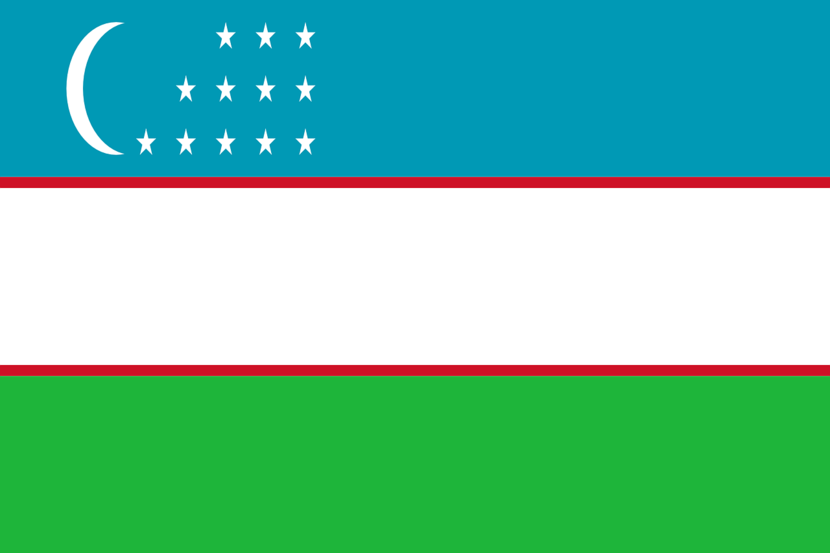
Uzbekistan promotes biofuel for greenhouse heating
Uzbekistan is set to transform its greenhouse heating systems with eco-friendly biofuel.
Local farmers are encouraged to swap coal for biofuel made from cotton stalks for greenhouse heating aiming to slash atmospheric emissions by 120,000 tons over the next decade.
A biofuel plant is designed for construction in Ferghana city, with agreements with local and regional authorities already secured.
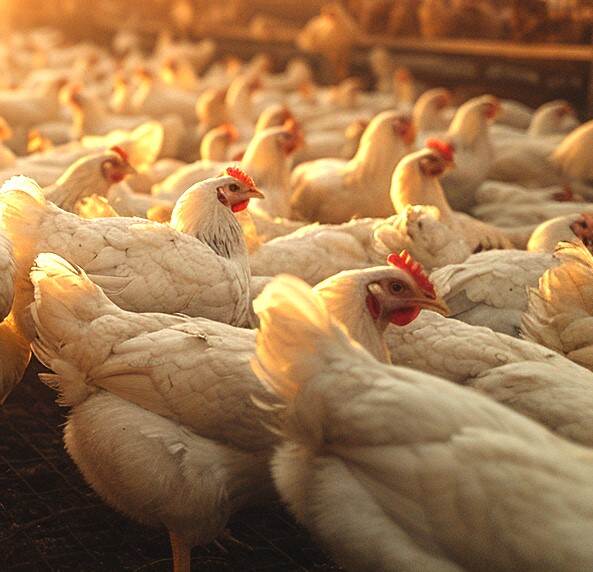
Uzbekistan announces tax breaks to boost poultry farming
Uzbekistan is set to boost its poultry farming sector with significant tax concessions and development plans.
- Poultry enterprises will enjoy a five-year land tax exemption and opportunities to export poultry products.
- The past year saw 253 new projects in poultry farming, expanding the number of farms to 1,300 and creating 4,000 jobs.
- The government aims to attract $420 million from international organizations and banks to fund promising initiatives.
- Plans are underway to introduce genetic technologies and establish breeding farms in partnership with foreign companies.
- There’s an idea of introduction of a cluster system in the poultry sector, providing entrepreneurs with ready-made business projects.
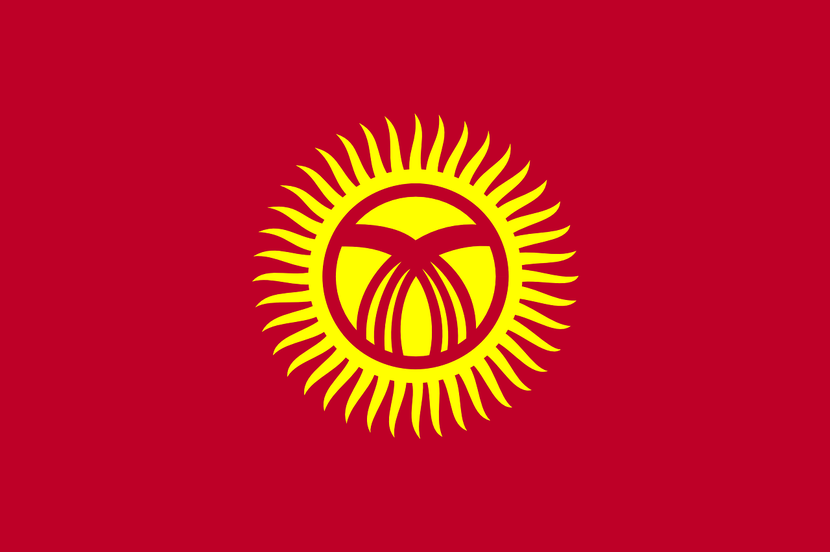
Kyrgyzstan's agriculture ministry secures $9.2 million grant to boost farm resilience
The Ministry of Water Resources, Agriculture, and Processing Industry of Kyrgyzstan is set to receive a $9.2 million grant aimed at farm support.
The financing agreement for the "Sustainability of Regional Pasture Communities — Adapt" project between Kyrgyzstan and the International Fund for Agricultural Development has been approved. This nationwide project targets vulnerable rural households reliant on rangelands and forests.
Key project goals include improving livestock and pasture health, developing climate-resilient livestock communities, and enhancing overall productivity.
The initiative features three main components:
- Capacity building: Integrating climate change adaptation and gender equality to create resilient ecosystems and income sources.
- Climate-adaptive investments: Focusing on forest and rangeland restoration.
- Alternative income development: Promoting climate-resilient income sources.

Central Asia spotlight: tackling the water shortages
Central Asia's Ferghana Valley, vital to Uzbekistan, Kyrgyzstan, and Tajikistan, faces an escalating water crisis. These nations are urgently cutting irrigation and shifting away from water-intensive crops to preserve their fruit trees, adapting to the persistent water shortages that threaten their agricultural livelihoods. Kazakhstan is facing an increasing shortage of water resources as well. According to World Bank experts, by 2030, the volume of water resources in Kazakhstan will decrease by 15%, which will become one of the main threats to the national security of the country.
- Climate Change, Politics, and Broken Infrastructure: Climate change, political tensions, and deteriorating infrastructure are exacerbating water shortages. Traditional crops are being abandoned, and disputes over water have even sparked clashes at the Kyrgyz-Tajik border.
- Impact on Agriculture: The Ferghana Valley, home to 9 million people, was once a fertile ground for cotton and vegetable crops. Now, only resilient fruit trees can survive the harsh conditions. Agriculture, a cornerstone of the local economy, faces severe droughts, forcing many to seek opportunities elsewhere. Groundwater levels have plummeted significantly in recent years. In Kazakhstan the main consumer of water resources is agriculture, which accounts for about 70% of the country's water consumption. An increasing shortage of water resources leads to lower yields, deterioration of soil quality and economic losses.
- Adapting to the Crisis: In Uzbekistan, laws mandate water conservation efforts. Farmers are encouraged to build reservoirs and adopt drip irrigation, reducing water usage by 60%.
- Environmental and Technological Solutions: The Eurasian Development Bank (EDB) proposes several initiatives for the region to save 5 billion cubic meters of water annually by 2030, like establishing an International Water and Energy Council for regional cooperation and expanding cooperation with Afghanistan on shared water resources, implementing digital water accounting technologies and adopting modern land laser-leveling techniques.
- Tackling the water crisis through cooperation, technological advancements, and strategic conservation is essential for a sustainable future in Central Asia.
Stay tuned for more agricultural updates and developments from Central Asia in the next edition of the LVVN Astana Newsletter!
Sources: Astana Times, kapital.kz, Daryo, UzDaily.com, Interfax, 24.KG, https://asiaplustj.info ,
rferl.org, ElDala